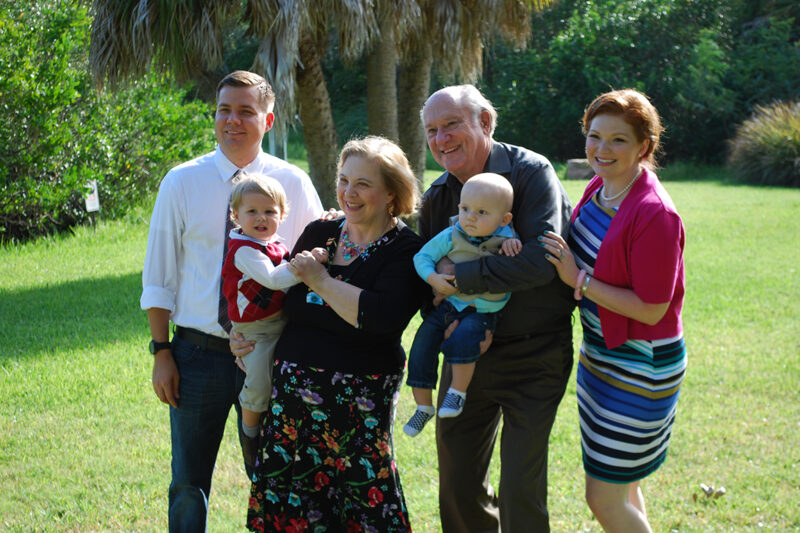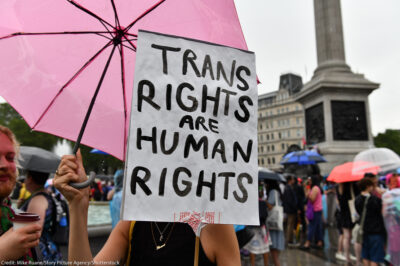
As a child, I spent almost a decade being shuffled through 14 different foster care placements, including two group homes. It wasn’t until I was 12 years old that a family came along and gave me the permanent, loving home of my dreams.
I will forever be grateful for the incredible family I was given. When I dreamed of the perfect family for me, I wished for kind people of any gender or age who would help me achieve my goals and provide the stability I desperately needed. Sadly, across the United States over 20,000 youth age out of foster care each year without the love and support of a family or a healthy support community. These youth often become criminals, homeless, teen parents, or are victims of drugs, violence, or suicide. There is a significant shortage of foster and adoptive families willing to nurture these children.
Yet many state legislatures are proposing bills that would further diminish the pool of qualified people who want to offer permanency to children languishing in foster care. These bills would allow agencies to reject families or individuals based on “religious” grounds. By denying children a chance to have a family, the shortage of available homes will be exacerbated, and more of these youth may never find permanency. Every foster child deserves to have every chance to find a loving home.
Decisions to block adoptions based on gender, race, or sexual orientation impact more than just the forgotten children. Unattached children can have a lifelong negative impact on society. The cost of keeping youth in state care burdens taxpayers. We should be giving agencies the tools and resources to engage more families — not give them the ability to discourage or turn away suitable applicants.
Because of the stability my permanent family provided, I was able to go to college and create a life that I never could have imagined. I now have my master’s degree in social work and my first memoir, “Three Little Words,” is an international bestseller. I even ran for Florida’s state Senate when I was 26 years old because I wanted to provide a voice to those who don’t have one. My husband and I became foster and adoptive parents and have cared for over 20 children — each with their own unique story, family of origin, and hopes.
I’ve had the opportunity to speak with many youth who have aged out of care. Most say that they would have taken any family that would have made a commitment to them. These children are generally not blinded by stigmas and societal prejudice — they simply yearn for a place to call home and are in desperate need of advocates who will stand up for their rights and well-being.
As a child welfare professional, I have been lucky enough to work with many same-sex couples, and I find them to be among the most dedicated, passionate, and understanding parents. They themselves know what it’s like to be rejected, alone, ridiculed, stigmatized, and to be treated as outsiders. Like the foster kids that come into care through no fault of their own, life hasn’t always been easy for members of the LGBT community either.
I’ve had a lifetime’s worth of exposure to the foster care system and understand the needs of these vulnerable children intimately. This is why I urge lawmakers in Florida, Alabama, Michigan, and other states considering adoption discrimination bills to do everything in their power to stop these bills before they hurt hundreds of thousands of kids in need.




